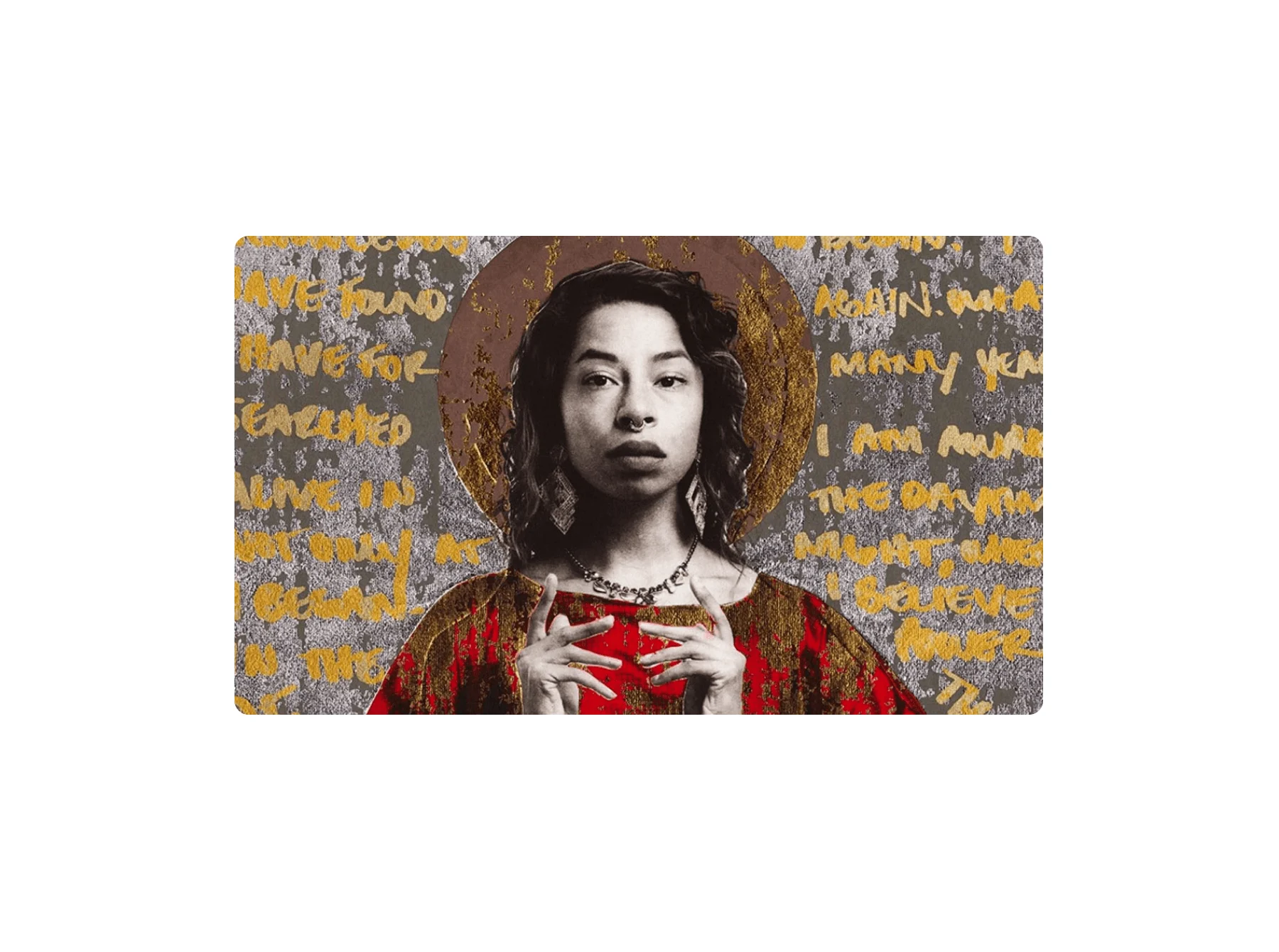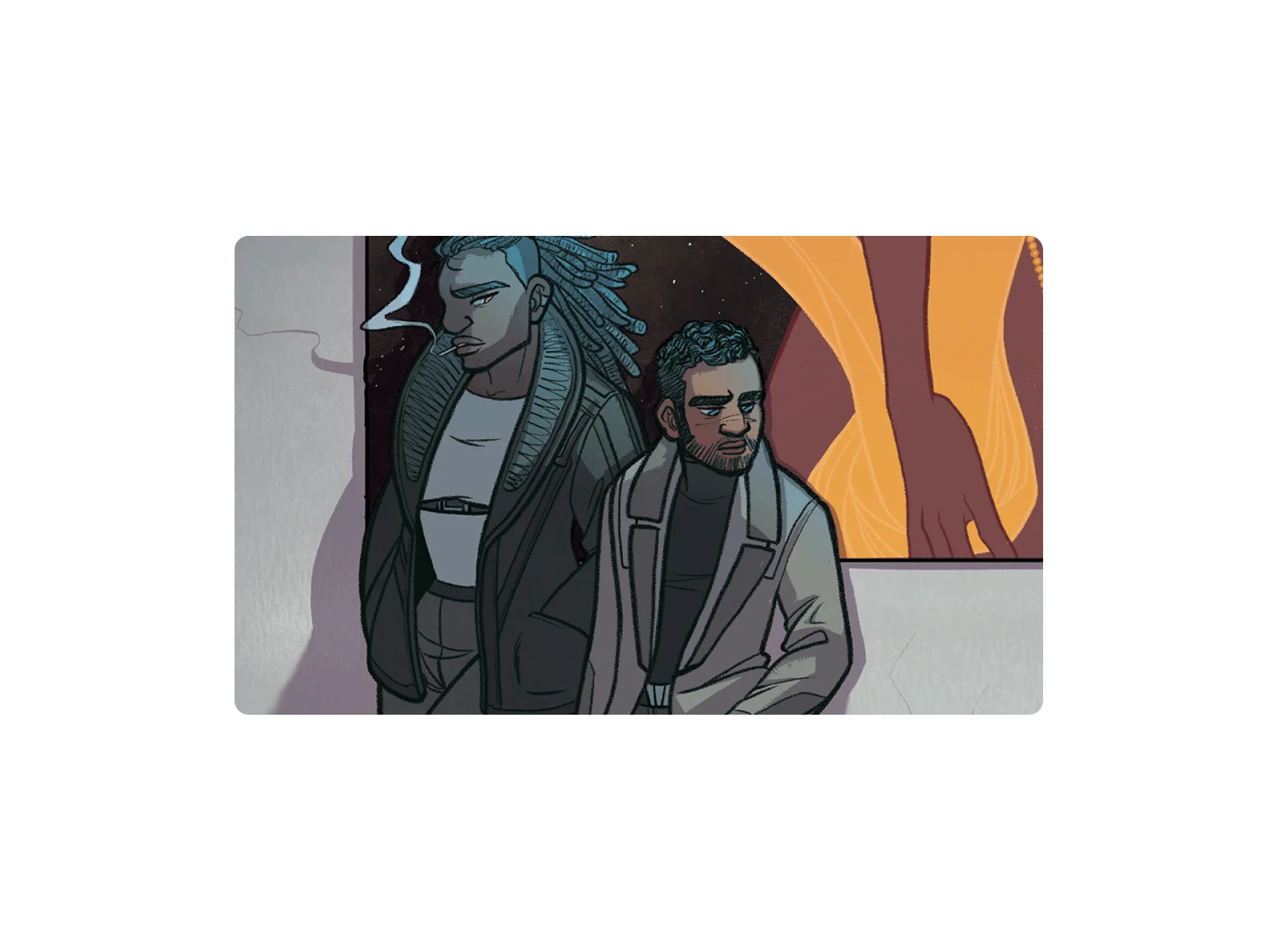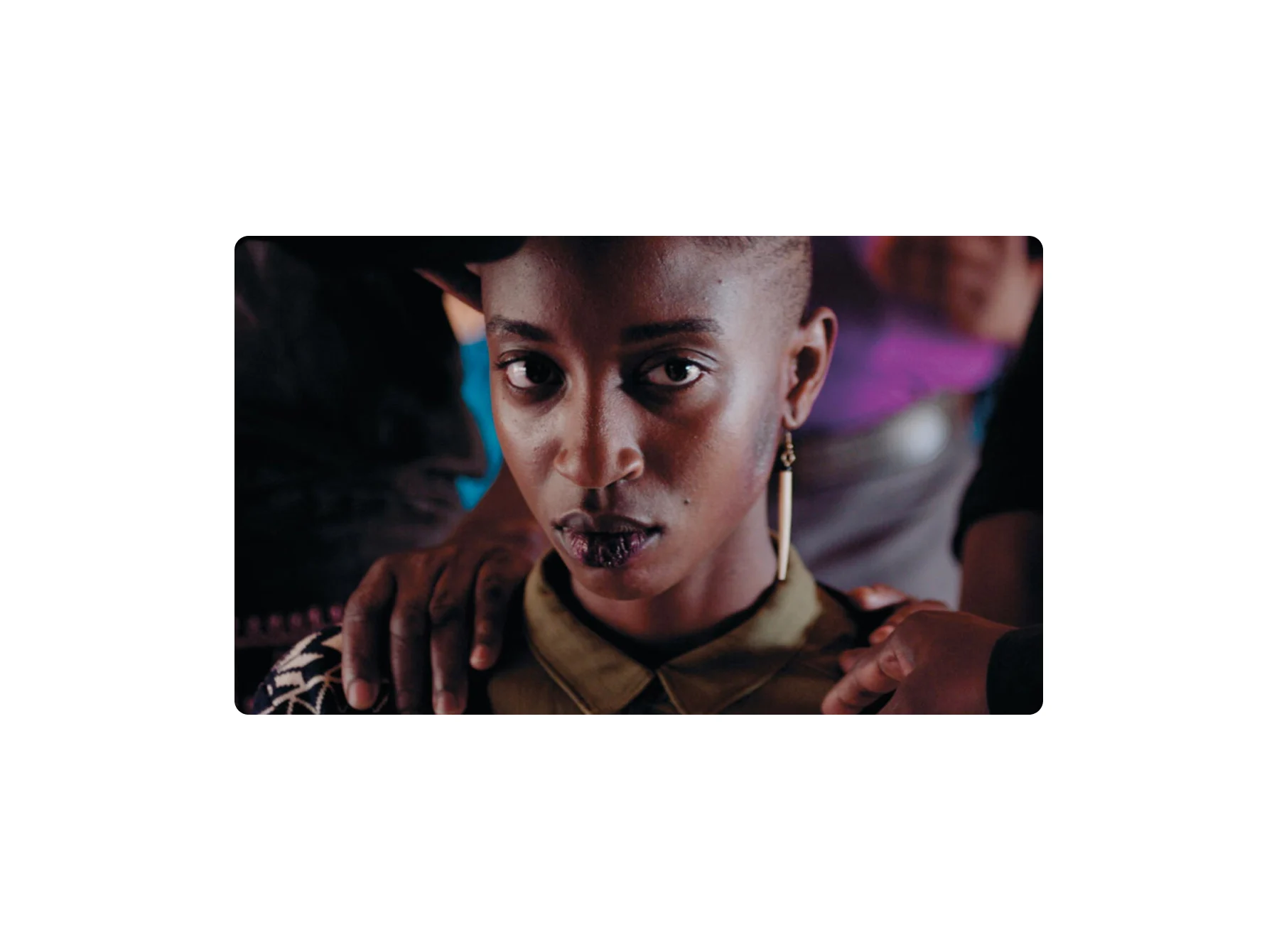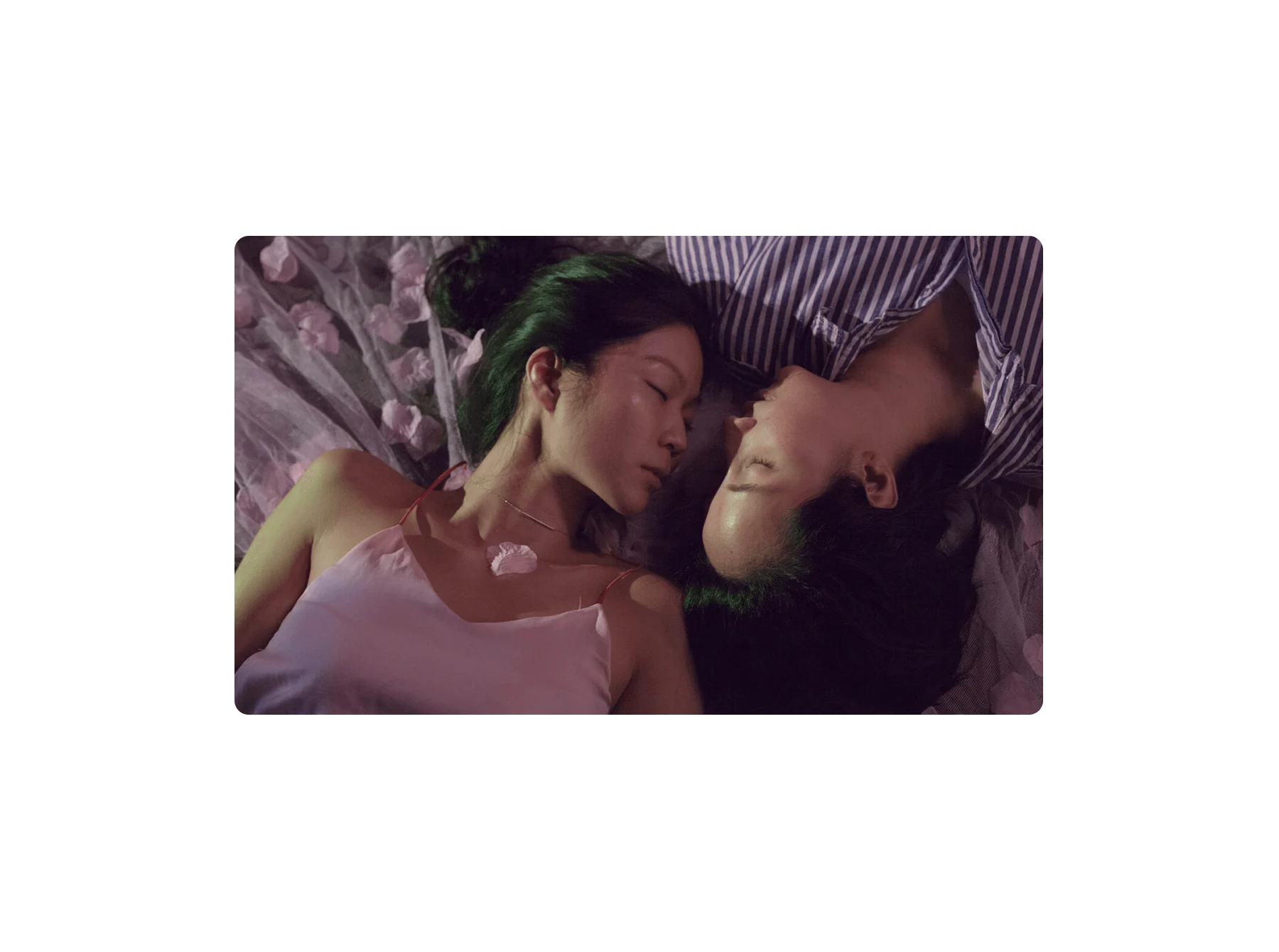
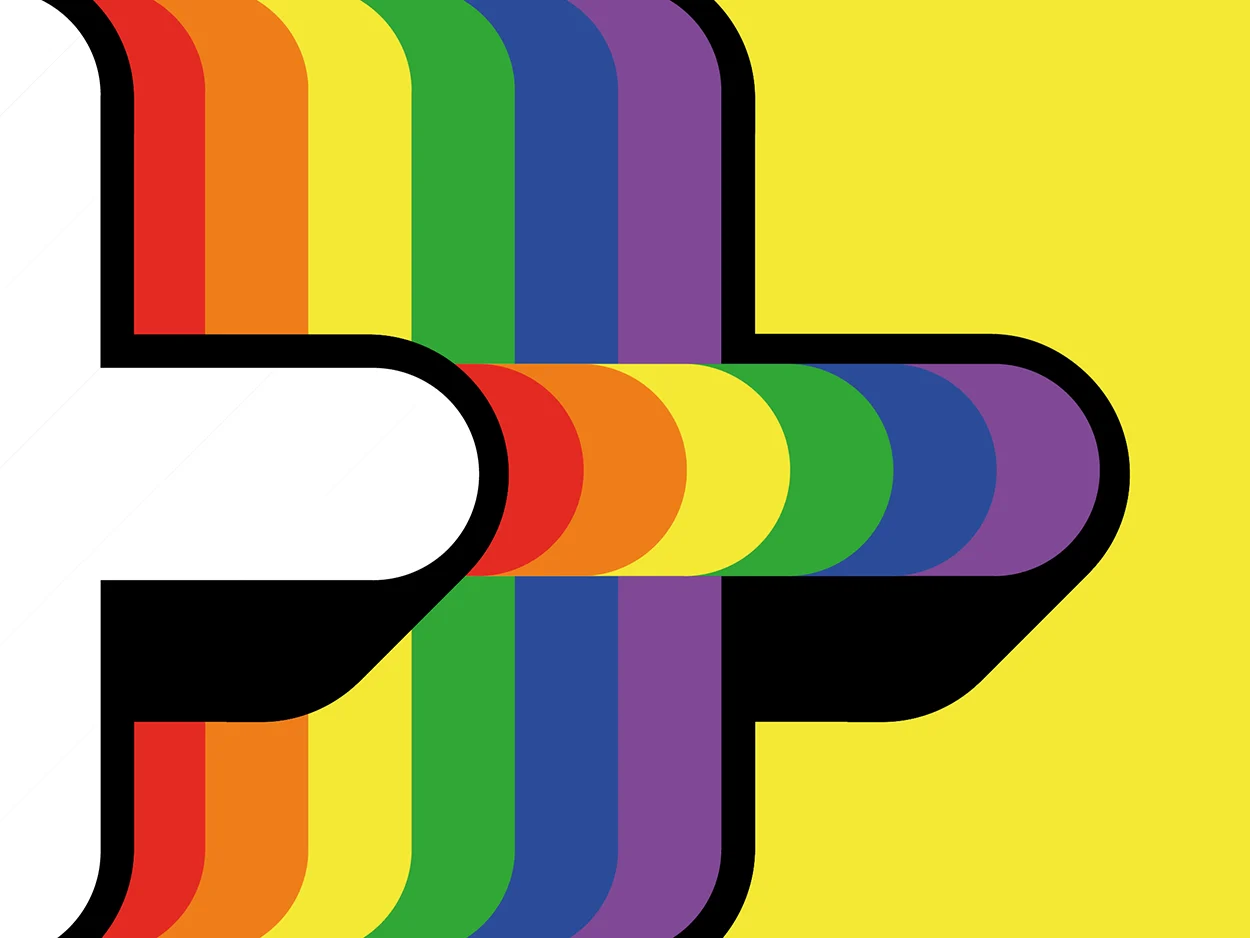
The gender binary of man vs woman is an all too narrow pencil box for the rainbow of human identities. Alphabet Soup is the online platform teaching people that there’s an identity for every letter of the alphabet beyond L, G, B and T.
Co-founders Lu Bailey and Nathan Maradei met at Bath Spa University. Having both grappled with their own identities they were aware of the importance — and lack — of a resource that defined the spectrum of sexualities and genders to identify with.
Alphabet Soup was first conceived as an event where these different terms could be discussed, but Lu and Nathan soon realized they could reach far more people with a website. “Being online, we are accessible whether you live in Manchester or Moscow,” Lu says. “Plus, it's more anonymous. We like to see Alphabet Soup as that place where you can ask all the questions you wouldn’t ask your newly out niece.”
The design of the website is clean, colorful and welcoming. When a user reaches the homepage they can choose to explore the Alphabet section or the Soup section, where the team shares some of their favorite articles and more information about themselves. Clicking on Alphabet opens an index of identities with written descriptions — from agender (someone who is without gender, or personally rejects the concept of gender for themselves) to unsure (the act of questioning one’s sexuality or gender identity, sometimes used as an identity in and of itself), and everything in between.

Sometimes, finding the language that describes how you feel about yourself is the path to exploring it, or becoming comfortable
Often we understand a concept by giving words to it, and once we have found the right words then we can begin to speak to each other. “Something we talked about a lot when we were starting up Alphabet Soup was that we didn’t want to imply any pressure for people to define themselves by strict labels,” Nathan says.
“But sometimes, finding the language that describes how you feel about yourself is the path to exploring it, or becoming comfortable. Having a common point of reference in terms of the language we use to talk about ourselves means being able to communicate, and it means normalizing our experiences. When society starts being able to talk about queer identities, it chips away at the taboo around them."
To write the descriptions Nathan and Lu looked to YouTuber Ash Hardell who wrote the book ABC’s of LGBT+. They cross-referenced the descriptions in the glossary of the book with their own community online and in real-life to get more comprehensive definitions.
But they went further than just providing an ABC; clicking on any of the terms opens a portal to content submitted by people who identify in this way. Personal essays, poems, artworks or audio interviews share first-hand experiences of what it’s like to be pansexual or non-binary, to come out or to be misgendered.

When society starts being able to talk about queer identities, it chips away at the taboo around them
Considering people still struggle with the difference between gender and sexuality, the work of Alphabet Soup and others like it is vital. “It’s naïve to believe that gay men want to be women, or that trans women just don’t want to admit they’re homosexual,” Lu says. “It’s simply not true but I think it’s a misunderstanding that needs to be taught about.”
In this sense, Alphabet Soup is a reminder of the power of the world wide web as a place to find common ground and a place to enlighten and educate, especially for LGBTQ+ people exploring their identity.
“Finding LGBTQ+ content online can be people’s first exposure to the community even existing,” Nathan says. “In the same way that representation in media helps people realize that being LGBTQ+ is normal, the internet can show real-life queer people talking about their identities, their lives and their experiences. If you’re first starting to question your identity, or if you just want to learn more about gender and sexuality, it can be very daunting to approach those conversations face to face, so finding people online can be lifesaving.”

It is through people like Nathan, Lu and the rest of the Alphabet Soup team, who dare to express themselves to help others, that progress is made. “I think the more people become vocal about their realities, the more information can spread,” Nathan says.
“There’s still a lot of work to be done, and it’s still not safe for a lot of people to be as open about their identity as they’d like, but things are getting better. Teenagers in 2018 are much more knowledgeable on gender than they were in 2015, and that can only be a good thing.”
This story is part of our Through The Prism of Pride series, where we present stories from LGBTQ+ communities around the world. From London to Lagos, we explore how creative expression can bring about change, understanding and acceptance. See the whole series here.


